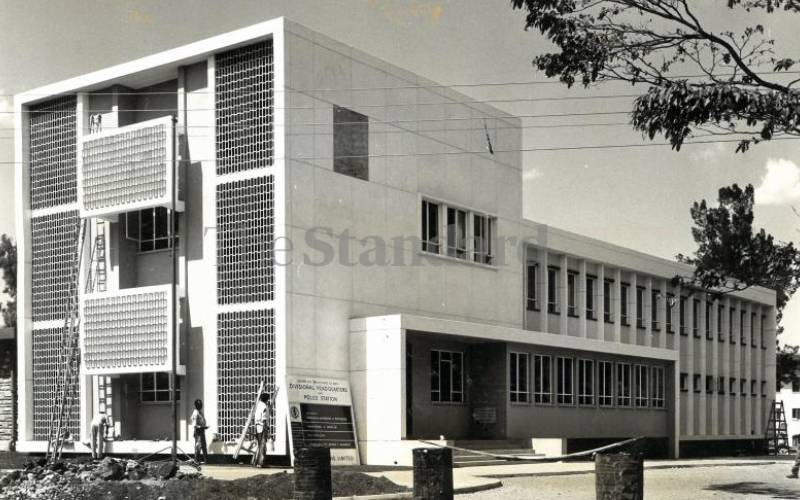×
The Standard e-Paper
Stay Informed, Even Offline

Central Police Station, February 1962. [File, Standard]
Not all Europeans who arrived in Kenya in the 1900s were economically stable. Some were penniless and ended up engaging in criminal activities.